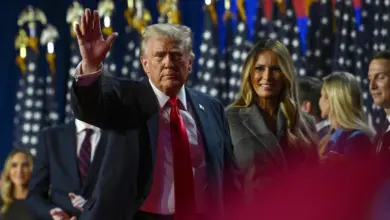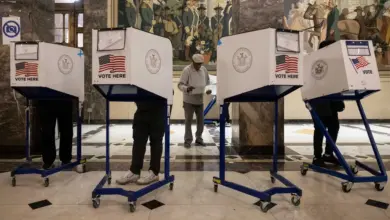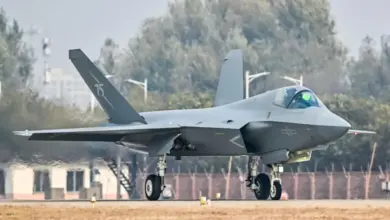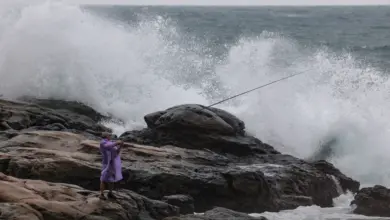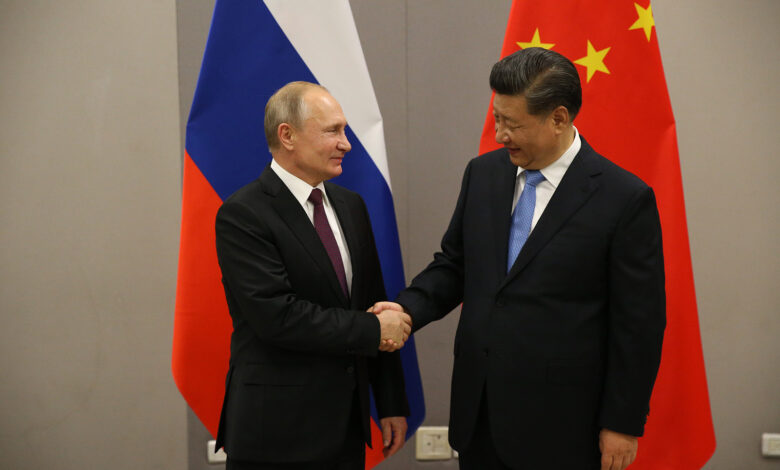
When Antony Blinken touches down in Beijing in the coming days for the first visit to China by a US secretary of state since 2018, he will be cutting a stark contrast to the scene in the Chinese capital one year earlier.
Then, Chinese leader Xi Jinping welcomed Russian President Vladimir Putin for the opening of the Beijing Olympics — meeting for talks and dinner in Putin’s honor, and declaring a “no limits” partnership between the two neighbors.
Weeks later, as Russian tanks rolled across the border into Ukraine starting an invasion that would devastate the country and cause a humanitarian crisis, Chinese leaders did not shrink from that declaration.
Though Beijing claimed impartiality in the conflict and no advance knowledge of Russia’s intent, it also refused to condemn Moscow. Instead, it parroted Kremlin lines blaming NATO for provoking the conflict — further fracturing relationships with both Europe and the US.
A year on, the contrast of Blinken’s visit is no coincidence. Economically drained by its now-abandoned zero-Covid strategy, Beijing has been softening its tone on foreign affairs and upping its diplomacy with Western governments, analysts say, in a bid to win back lost ground and stabilize its relations.
In meetings with Blinken during his expected early February trip — as well as European leaders who’ve signaled they may visit in the coming months — Chinese counterparts are likely to emphasize their long-standing calls for a peaceful resolution and play up what they claim is China’s “objective and impartial position” on the conflict, analysts say.
But while the optics may be different from this time last year, China’s support for Russia — when measured by its annual trade, diplomatic engagements and schedule of joint military exercises — tells a different story.

